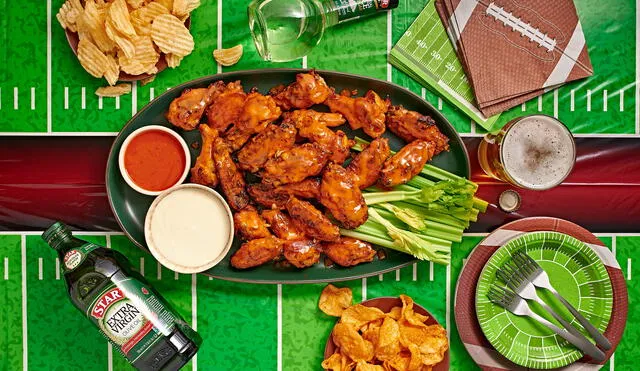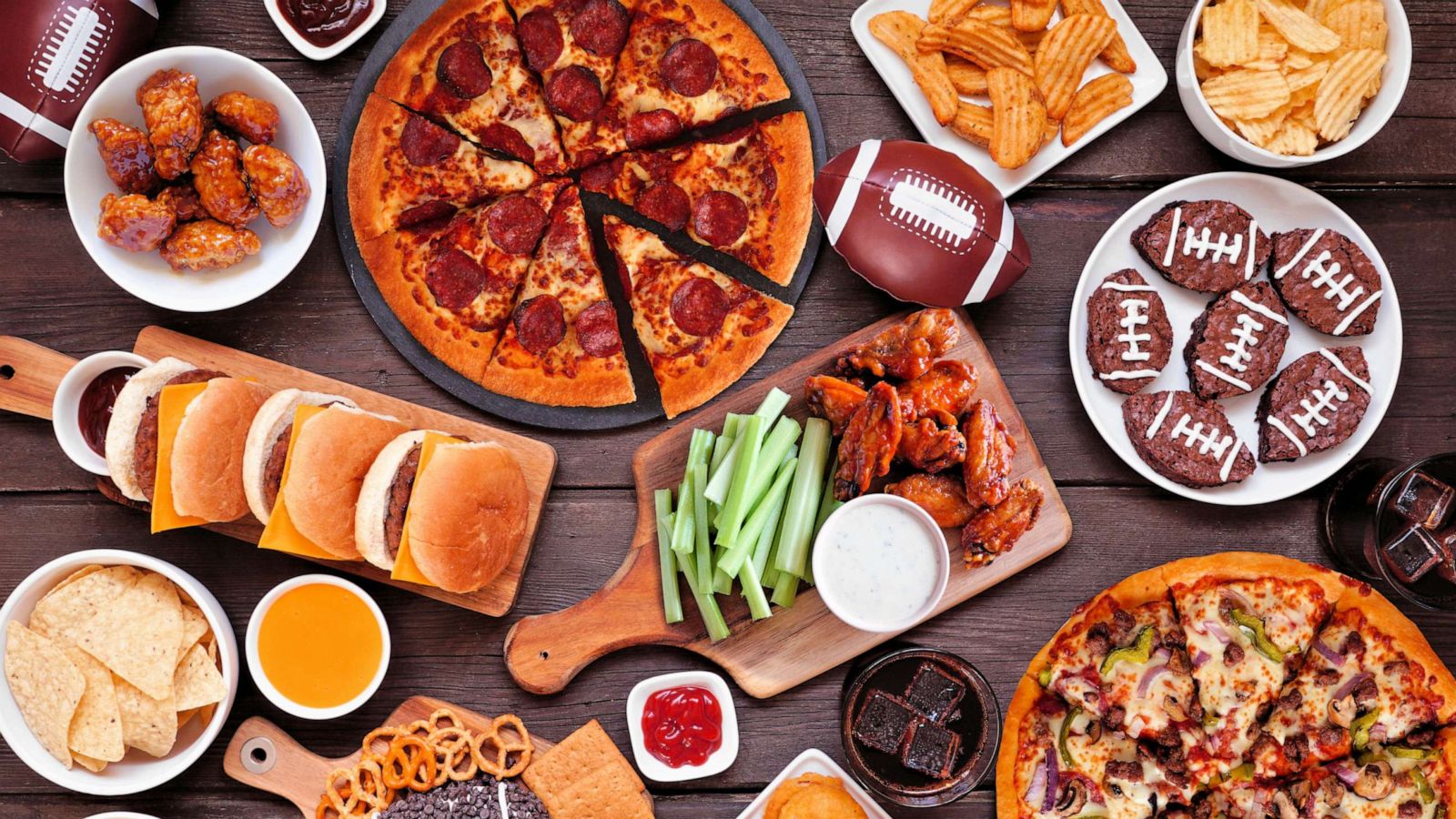USDA guarantees chicken wings for the Super Bowl despite avian flu outbreak
The traditional dish for Super Bowl, with official date on February 9 this year, seemed to be ruled out for this edition due to avian flu, until USDA guaranteed its consumption, but with its respective precautions.

The Super Bowl, to be held on Sunday, February 9 in the United States, is only 10 days away and chicken wings have become a tradition that accompanies the enjoyment of the show. However, close attention must be paid to the avian flu outbreak that led to the recall of food batches in the country and could affect the supply for the sporting event.
The U.S. Department of Agriculture (USDA) is taking steps to mitigate the impact of this outbreak. Actions include compensating farmers for losses and implementing new vaccines to control the spread of the virus. As for the sale of chicken wings for the Super Bowl, USDA is working to ensure that there is sufficient supply and that prices don't skyrocket. While there are no specific details on a Super Bowl-only plan, general measures to control the outbreak and support poultry producers should help stabilize the market.

ALSO SEE: How much are Super Bowl 59 Tickets? What it costs to see the Chiefs and Eagles in New Orleans
Advices from the authorities before Super Bowl
Dr. Denise Eblen, from the United States Department of Agriculture (USDA), said in an official statement that one of the biggest threats to a successful game day meal are bacteria that cause foodborne illnesses. Based on this, the expert remarked that it's necessary to make sure that the food that is sent home is properly refrigerated or, failing that, to place it in the oven until the moment of consumption.
Pizza, chicken wings, small burgers, chili and other Super Bowl favorites cannot remain at room temperature for more than two hours, which the USDA calls the danger zone (temperatures between 40°F and 140°F; between 4.4°C and 60°C).

Traditional dishes for Super Bowl, besides chicken wings. Photo: ABC News.
Strategies for preventing
In order to overcome these possible risks, the USDA advises some tips:
If the food is transported for more than two hours, the ideal is to place it in thermal bags and, at the time of serving, pay close attention to the temperature and then keep it there. In case of microwave heating, it is key to stir all the food.
Taking into account that the main reason for the dinner will be the party, a good option would be to divide the food according to each time. That way, the parts will be at the right temperature. Those perishable foods should be discarded after two hours out of condition.
A food thermometer should be used to ensure that foods reach a safe minimum internal temperature. Meat 62°C, ground meat 71°C, poultry 73°C, eggs 71°C, fish and seafood 62°C.
For food safety questions, you can call the USDA Meat and Poultry Hotline at 1-888-MPHotline (1-888-674-6854), email MPHotline@usda.gov or chat live at ask.usda.gov from 10 a.m. to 6 p.m. ET from Monday to Friday.